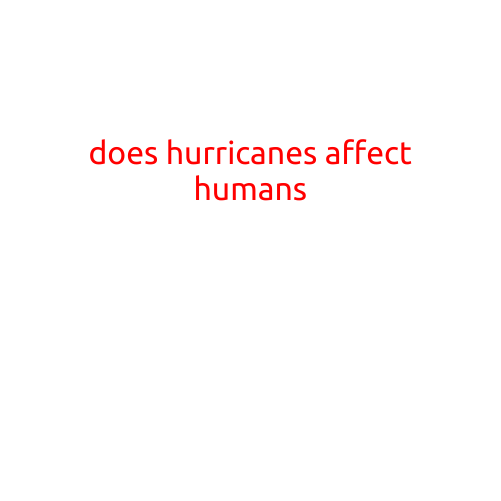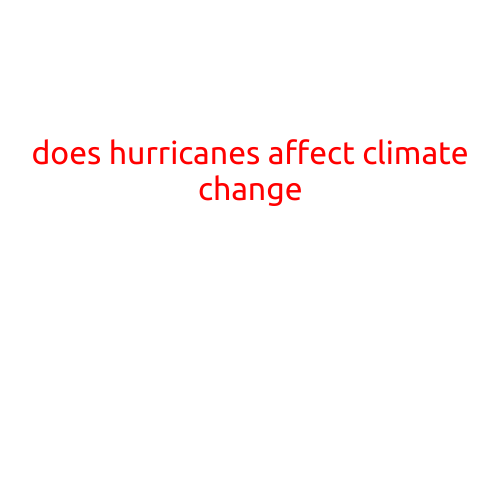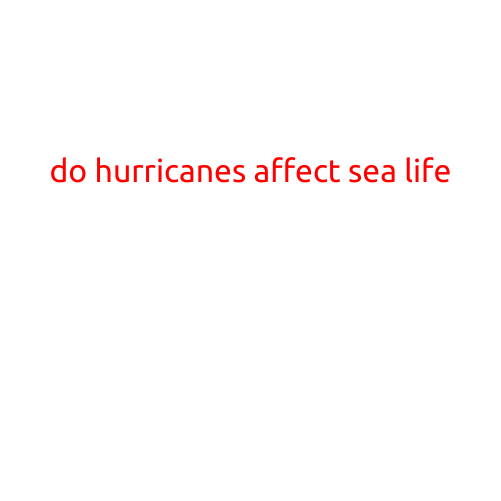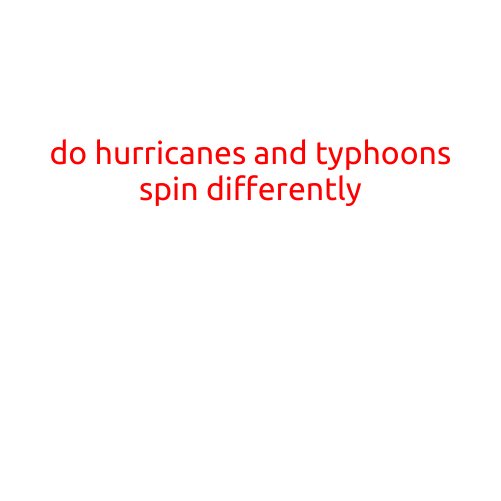
Does Hurricanes Affect Humans?
Hurricanes are powerful natural disasters that can bring destruction and devastation to communities around the world. These storms can bring strong winds, heavy rainfall, and storm surges that can cause widespread damage to properties, infrastructure, and the environment. But do hurricanes also have a direct impact on humans?
Physical Health Effects
Yes, hurricanes can have a significant impact on human physical health. The storm-related injuries and fatalities are usually caused by various factors such as:
- Storm surges: Rising seawater can cause flooding, which can lead to drowning, electrical shock, and other injuries.
- Strong winds: Flying debris, collapsed buildings, and power outages can cause lacerations, head injuries, and broken bones.
- Flying objects: Debris tossed around by strong winds can cause injuries and fatalities.
- Contaminated water: Flooding can contaminate water sources, leading to the spread of waterborne diseases.
Mental Health Effects
Hurricanes can also have a profound impact on human mental health, leading to:
- Anxiety and fear: The uncertainty and fear of the storm’s arrival and aftermath can cause anxiety and stress.
- Post-traumatic stress disorder (PTSD): Survivors of hurricanes may experience PTSD symptoms, including flashbacks, nightmares, and avoidance of triggers.
- Depression: The loss of loved ones, property, and livelihood can lead to feelings of sadness, hopelessness, and despair.
- Grief: The traumatic experience of a hurricane can lead to prolonged grief and mourning.
Long-term Effects
The impact of hurricanes on humans can be felt long after the storm has passed. Some of the long-term effects include:
- Displacement and homelessness: Many people may be displaced from their homes and struggle to find permanent housing.
- Economic instability: The destruction caused by hurricanes can lead to economic instability, job losses, and poverty.
- Environmental damage: Hurricanes can cause significant environmental damage, including soil erosion, loss of biodiversity, and water pollution.
- Health disparities: Wealthier communities may have better resources to recover from a hurricane, while poorer communities may struggle to access basic necessities like food, water, and healthcare.
Conclusion
Hurricanes have a profound impact on human lives, causing physical and mental health effects, as well as long-term consequences. It’s essential to prepare for hurricanes by having an emergency plan, staying informed, and taking necessary precautions to minimize damage and risk. Additionally, it’s crucial to provide support and resources to affected communities, particularly those that are most vulnerable, to help them recover and rebuild from the devastating effects of these powerful storms.





